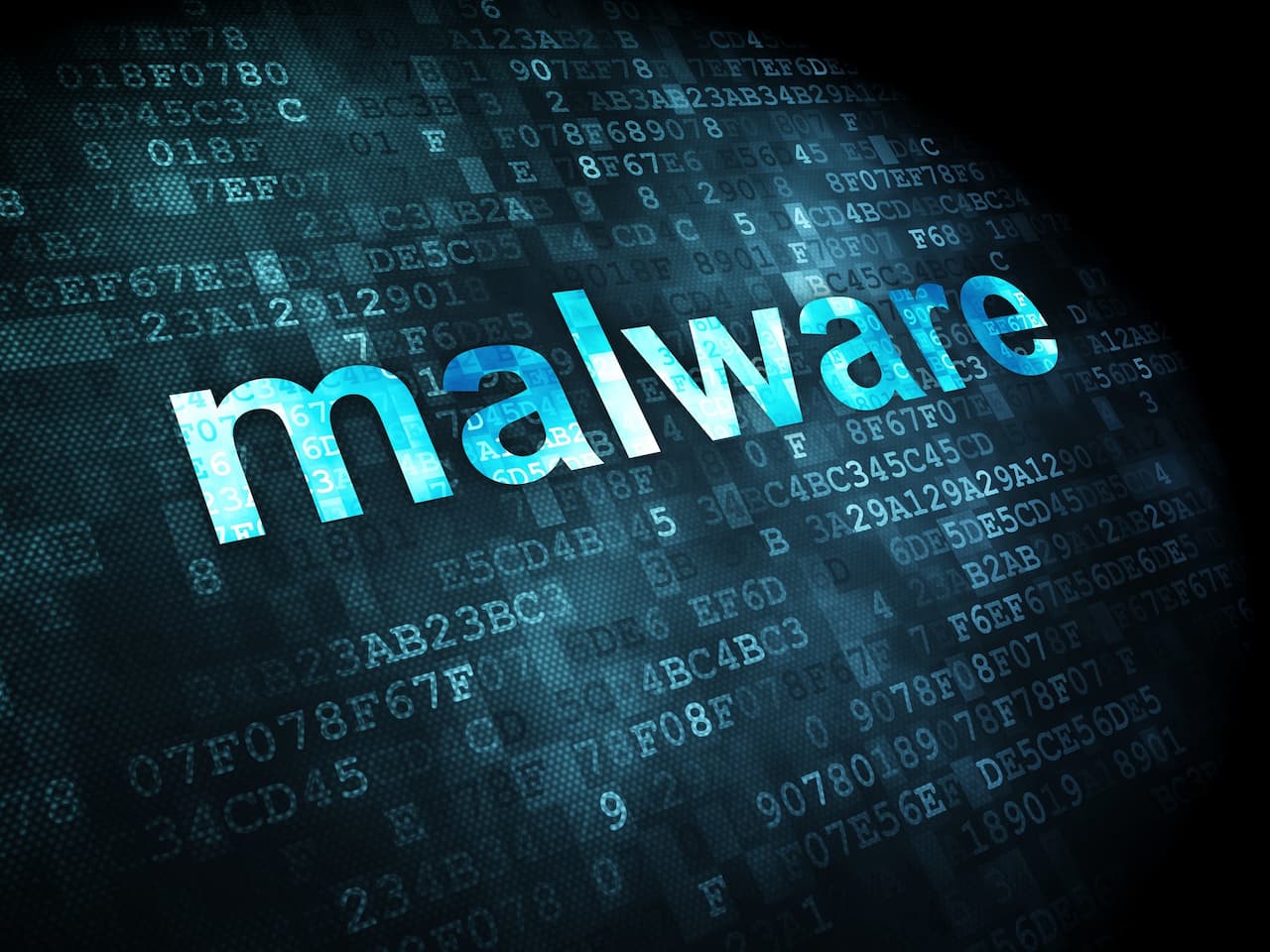Like a stealthy pickpocket in a crowded street, malware operates discreetly, targeting unsuspecting internet users. Understanding this widespread threat is like learning to protect your valuables in a bustling city. It’s a crucial skill for anyone navigating the cyberspace.
In this exploration, we uncover crucial aspects of malware, from the infamous viruses and sneaky trojans to the dangerous realm of ransomware.

Table Of Contents 👉
- 1. Many malware types are blended threats
- 2. Trojans are the most common type of malware
- 3. Worms have tangible repercussions in the real world
- 4. When ransomware locks up your data with robust encryption, consider it gone for good.
- 5. Spyware can cause slowdowns, crashes, and eat up hard drive space.
- Conclusion
1. Many malware types are blended threats
The history of malware begins with computer viruses—programs designed to self-replicate and spread from one computer to another. In the 1980s, infamous viruses like “Brain” targeted floppy disks, spreading through shared media.
Today, it’s common for malicious software to showcase traits from various categories. Experts dissecting these digital threats categorize them based on their primary or most noticeable behaviors.
To illustrate, a particular piece of malware could simultaneously display features akin to a worm, a Trojan, and ransomware. However, when analysts assess and label it, they might identify it primarily as ransomware. This decision is based on recognizing that ransomware behavior is the most dominant and defining characteristic exhibited by the malware sample.
2. Trojans are the most common type of malware
Over the past decade or more, Trojans are the most widespread form of malware. Similar to the deceptive nature of the Trojan horse in the ancient story, a Trojan disguises itself as one thing while being another entirely.
Once you unwittingly activate the malicious program, the Trojan unpacks additional malware or fetches harmful software from remote servers. The system is exploited to its fullest potential, serving the cybercriminal’s purposes and extracting valuable information from the compromised system. This deceptive tactic, reminiscent of the Trojan horse narrative, continues to be a persistent cybersecurity threat.
In the constant fight against Trojans, it’s vital to understand how password managers stand as shields against human deception. These tools serve as guardians of digital access, fortifying defenses against the social engineering tactics employed by Trojans.
Password managers thwart attempts to manipulate users into compromising their systems by securely managing and generating complex passwords.
3. Worms have tangible repercussions in the real world
A worm is a sneaky digital courier equipped with its own delivery system, allowing it to move from one computer to another effortlessly. They exploit unpatched weak points, security oversights, feeble passwords, and even human weaknesses to navigate through systems.
Once these sneaky worms slip into your IT setup, getting rid of them becomes tough. They’re experts at hiding in both online and offline storage spaces.
When a worm takes advantage of a zero-day vulnerability in systems that aren’t up to snuff, it’s more than just a digital headache; it causes real-world problems. Important areas like the economy, energy, water, communications, transportation, and hospitals experience disruptions.
4. When ransomware locks up your data with robust encryption, consider it gone for good.
One classic type of malware with potentially severe consequences is ransomware. Once it infiltrates a system through common cybersecurity vulnerabilities, it encrypts data and may lock the user out of the system’s desktop.
Ransomware attacks that succeed often grab global headlines, with notorious families like Reveton and Petya making their mark.
Data encrypted by well-implemented ransomware with strong encryption is essentially lost forever without the decryption keys. Consequently, many organizations pay the ransom, even with no guarantee of recovering all their data.
To safeguard against ransomware, it’s crucial to beef up your cybersecurity defenses. Regularly update your systems and use reliable antivirus software.
Additionally, consider using a Virtual Private Network (VPN) to add protection to your online activities. Yet, don’t go for the free options when it comes to VPN. Free VPNs are often not secure and will likely compromise your privacy. Instead, opt for a reliable provider. The VPN comparison table on Reddit can help you find a suitable one for your budget and needs.
5. Spyware can cause slowdowns, crashes, and eat up hard drive space.
True to its name, Spyware is software designed to pry into private information. Like a surveillance cookie, this form of malicious software gathers data on users’ online activities, search queries, and website preferences, often aimed at targeted marketing.
In essence, it’s an intrusive digital presence that not only compromises the efficiency of your device but also infringes on your privacy by scrutinizing and transmitting sensitive information.
Conclusion
For those who value their personal privacy and online security, it’s crucial to up your tech game beyond the average person. Simply gaining a basic understanding of malware can put you miles ahead of your less tech-savvy friends. Being a bit more informed in this digital landscape can make a significant difference in safeguarding your online presence.
Related Stories:
